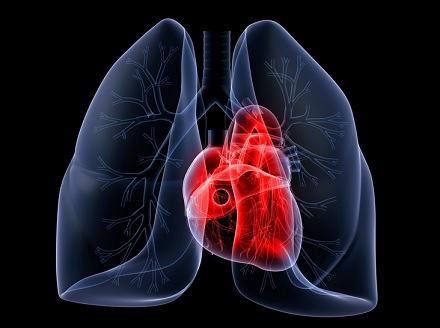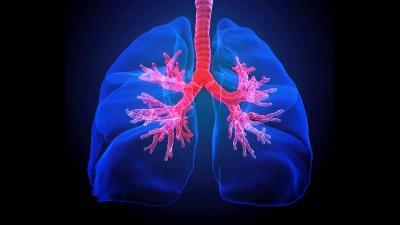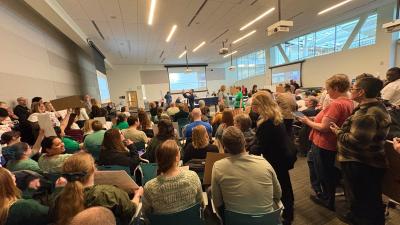3-D Human Lung Model to Assess Therapeutics for Chronic Obstructive Pulmonary Disease

Chronic obstructive pulmonary disease (COPD), which occurs mainly in smokers, is an inflammatory disorder characterized by narrowing of the smaller airways in the lungs, high production of mucus, and shortness of breath during exercise. Current research efforts are aimed at defining how repair processes are regulated in adult lungs. A group of German scientists—using a 3-D culture of human lung tissue derived from patients affected by COPD—has shown that lung tissue can be repaired by activating the Wnt/beta-catenin signaling pathway—a molecular pathway regulated when cells respond to external changes. This new model represents an important advance in this research field, traditionally based on the use of animals, and might be suitable to explore new therapeutic avenues.
References
- Uhl FE, Vierkotten S, Wagner DE, et al. Preclinical validation and imaging of Wnt-induced repair in human 3D lung tissue cultures. Eur Respir J. Published online April 30, 2015.







